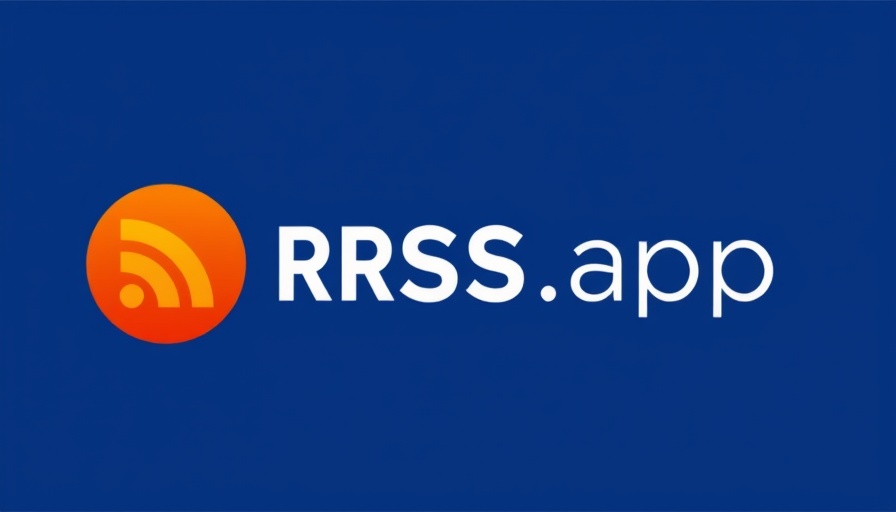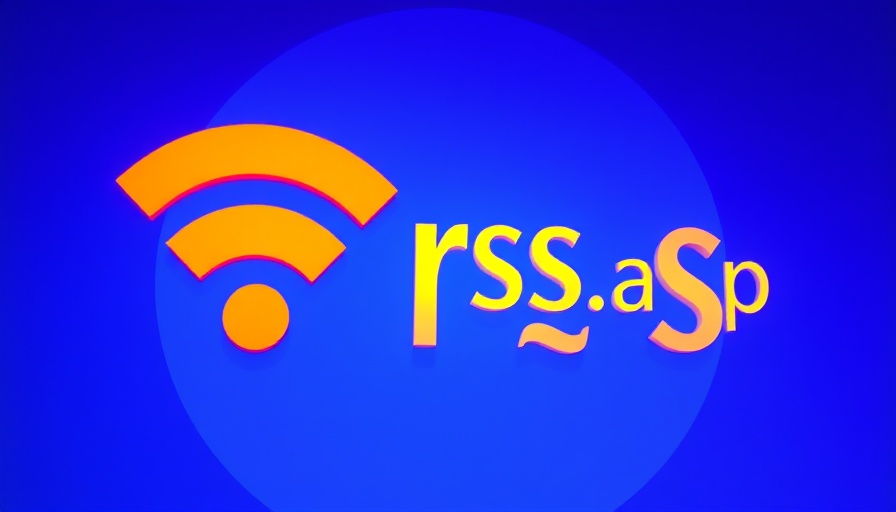
Health Officials on High Alert for Measles in Georgia
Public health officials in Georgia are closely monitoring the rise of measles cases, particularly following recent outbreaks across the nation, including alarming reports from neighboring states. The urgency has heightened with confirmations of measles cases in Georgia and eight other states, creating a palpable sense of concern among health authorities and community members alike.
The Current Situation: Measles Cases on the Rise
This year has seen a surge in measles cases, highlighted by an outbreak that has caught the attention of state health agencies. In late January, the Georgia Department of Public Health announced the first positive case in metro Atlanta, which quickly led to the identification and monitoring of over 300 individuals who may have been exposed. This response underscores the potential severity of measles, particularly in communities where vaccination rates are declining.
Efforts to Tackle the Outbreak: Intensive Health Responses
Health epidemiologists, including staff from the Gwinnett, Newton, and Rockdale Public Health Departments, have engaged in proactive measures to contain the spread of this highly contagious virus. Preventive vaccinations have been administered to some individuals post-exposure, while extensive tracking efforts ensure those who came into contact with the infected individuals report any symptoms. This dedicated approach reflects the public health community's commitment to managing the outbreak effectively.
Understanding Measles: Risks and Community Impact
Dr. Roy Benaroch, a pediatrician in Roswell, recently emphasized the critical importance of maintaining vaccination coverage in communities. He noted that the flu-like initial symptoms of measles could lead to prolonged hospitalizations or severe complications, further raising the stakes for unvaccinated populations. Unfortunately, communities with lower vaccination rates are at greater risk of experiencing outbreaks.
The rise in measles cases is not just a statistic; it jeopardizes the health of children who may experience severe symptoms, including respiratory complications, and can induce long-term effects, such as immune suppression and susceptibility to other infections.
Parental Concerns and Vaccine Skepticism
With the current outbreak, many parents are understandably worried about their children's health. In conversations with physicians, a common theme is the need for education on the importance of vaccinations. Misinformation surrounding vaccines spurred by hesitancies from the COVID-19 pandemic era has made it challenging for some to seek out necessary vaccinations for their children.
Future Predictions: Navigating Public Health and Vaccine Preparedness
As measles and other communicable diseases continue to rise, effective public health strategies become crucial. Experts like Dr. Benaroch advocate for enhancing awareness about the benefits of vaccinations and better tracking processes to identify outbreaks swiftly. This includes addressing public perceptions and tackling misinformation head-on to foster trust in vaccination campaigns.
Actionable Insights: Protect Your Community
In light of the current climate, parents are encouraged to make sure their children are fully vaccinated according to CDC guidelines. Parents should engage in discussions with their healthcare providers, address any doubts, and ensure their children receive the measles, mumps, rubella (MMR) vaccine in a timely manner.
Since Measles is one of the most contagious diseases known, it’s imperative to remain vigilant. The health of entire communities rests on the shoulders of informed, responsible parental decisions regarding vaccinations.
Conclusion: The Path Forward
The situation with measles in Georgia serves as a reminder of the importance of community health and vaccination. As health officials continue to monitor cases and educate the public, each person's actions can contribute to reducing the spread of preventable diseases. It’s essential to stay informed and take part in efforts that protect not just individual health but also the well-being of the community.
 Add Row
Add Row  Add
Add 




Write A Comment